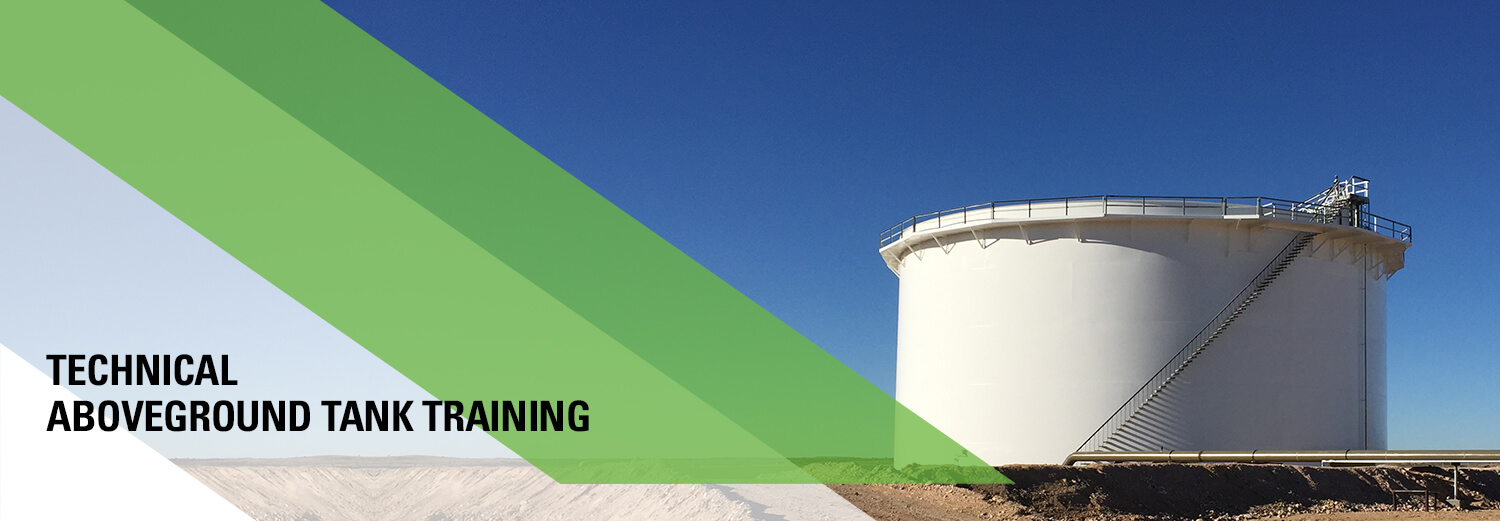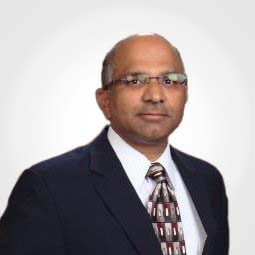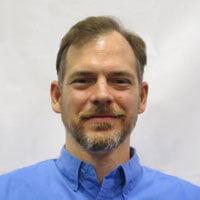
TECHNICAL ABOVEGROUND TANK TRAINING – MARCH 30-31, 2022
Thank you for your registration! We look forward to seeing you.
—
For over 30 years, Matrix Service Company and its subsidiaries have set the standard for operations, knowledge sharing, and growth in the storage tank and terminal market. As part of the Matrix initiative to promote learning, our Technical Aboveground Training offers endless opportunities for Engineering Managers, Project Engineers, Project Managers, Inspectors, and Procurement Managers alike. This two-day course reviews the various components of typical API 650 tanks. Engineers and inspectors may look forward to gaining technical insight while procurement personnel can count on attaining greater knowledge on the engineering and construction aspects of storage tanks and terminals projects.
In this course, we will cover common configurations, design features and code requirements, basic API calculations, API requirements, advantages and disadvantages of various options and configurations and much more. Participants will come away from the Matrix Service tank training course with a basic understanding of design requirements, inspection and hydro test exemption criteria of API 653, which will help them in planning future tank repairs. Each segment of the course will include a small quiz to help each participant document the content learned in the course.
COVID-19/CORONAVIRUS EFFECT
Matrix is committed to protecting ourselves and those around us. We will closely monitor recommendations from the Centers for Disease Control and Prevention (CDC) and postpone or cancel this event in response to COVID-19 if needed.
If you have any questions, please email Pascal Durby.
Course: Technical Aboveground Tank Training Registration
Fee: No charge to valued Matrix customers
Note: Attendees are responsible for hotel accommodations.
| Dates: March 30-31st, 2022 |
Location: 15333 JFK BLVD. STE. 400 HOUSTON, TX 77032 |
|
| Who should attend? • Engineering Managers • Project Engineers • Project Managers • Inspectors • Procurement Managers |
Course topics: • Material selection • Foundations • Tank bottoms • Tank cylindrical shells and shell thickness calculations • Shell nozzle reinforcement • Welding • Fixed roofs • Floating roofs • Seals • Emissions • Hydrostatic testing |

Rama Challa – Business Unit Director, Ph. D, P. Eng.
With nearly three decades of experience, Rama is an expert in design, detailing, estimating, planning and scheduling of steel plate structures/turnkey industrial facilities.
He serves as the chair of the Refrigerated Tank Task Group for the American Petroleum Institute (API). At API, he is also an active member of the subgroup fabrication and task groups that address terminal facilities and LPG facilities. Rama has his Ph.D. in structural engineering from Iowa State and a certificate in management from the University of Tulsa.

David Redman – Chief Shell & Plate Engineer, P. Eng.
During his nearly 18 years with Matrix, David has served as a design engineer and engineering supervisor for the Tank Design Group, Sr. R&D Engineer for Engineering Standards
and most recently as Chief Engineer for Shell and Plate. David also serves as a member of the American Petroleum Institute (API) Subcommittee for Aboveground Storage Tanks which encompasses the design and construction of API 620, 625, 650, 653 and 2510 tanks. David earned his Master of Science in Engineering from the University of Tulsa.
Tank training course and collaboration presented by Matrix PDM Engineering and Matrix Applied Technologies
![]() Matrix PDM Engineering provides aboveground storage, foundation, material handling, balance of plant and complete terminal front-end engineering designs. Matrix PDM employees hold professional licenses in 49 states, plus Puerto Rico, the District of Columbia and five Canadian provinces. Over half of all Matrix PDM engineers hold a Master’s or Doctorate degree.
Matrix PDM Engineering provides aboveground storage, foundation, material handling, balance of plant and complete terminal front-end engineering designs. Matrix PDM employees hold professional licenses in 49 states, plus Puerto Rico, the District of Columbia and five Canadian provinces. Over half of all Matrix PDM engineers hold a Master’s or Doctorate degree.
![]() Matrix Applied Technologies develops, designs and manufactures various AST components and appurtenances used within the industry. These include floating roof seals, jet mixers and gauge hatches, among other things. This group also serves as the primary research and development arm of the business and holds numerous domestic and international patents.
Matrix Applied Technologies develops, designs and manufactures various AST components and appurtenances used within the industry. These include floating roof seals, jet mixers and gauge hatches, among other things. This group also serves as the primary research and development arm of the business and holds numerous domestic and international patents.